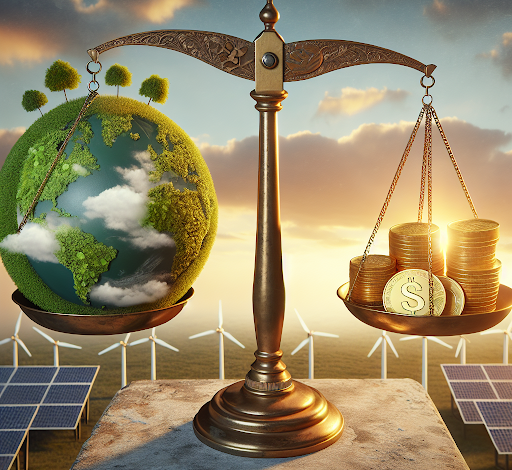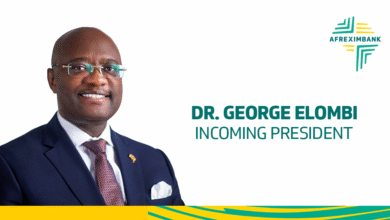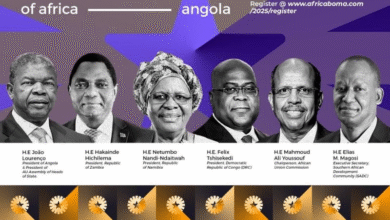COP29: Assessing Africa’s response to the climate emergency
At the 29th Conference of the Parties (COP29) in Baku, Azerbaijan, Africa highlighted critical challenges related to climate change mitigation and the recognition of its "natural capital." The African Development Bank (AfDB) emerged as a key player, advocating for a reassessment of the continent's economic indicators and increased financing for its climate initiatives.

During the 29th edition of the United Nations Framework Convention on Climate Change (COP29), the AfDB showcased its ambitions to “mobilize additional resources for climate action in Africa and launch a bold new approach to evaluate African economies by including their ‘green wealth.’” This comes at a time when, according to its President, Akinwumi Adesina, “African countries are intensifying their efforts to combat climate change.” The initiative builds on the historic decision made at COP28 in 2023 to create a Loss and Damage Fund, which could position Africa as the main beneficiary if the funds are made available.
“The limited access to global climate financing for much of Africa (less than 3% for sub-Saharan Africa) is an injustice”
Global Injustice
Despite enormous potential to promote access to clean energy for millions, the AfDB reports that “much of the continent, particularly sub-Saharan Africa, receives less than 3% of global climate financing.” This hampers efforts to advance national adaptation plans and nationally determined contributions under the Paris Agreement.
This situation is seen as a global injustice by the AfDB, whose President raised the issue at a meeting of African ministers of Finance, Economy, Foreign Affairs, Climate Change, and Environment ahead of COP29:
« There is no justification for Africa being ecologically poor. Africa should be ecologically rich, thanks to a proper assessment of its vast contributions to global environmental services. »
Recalibrating African GDP
« Countries could gain greater fiscal space to access more financing and invest in greening their economies”
According to Akinwumi Adesina, the path to this “green wealth” involves recalibrating the Gross Domestic Product (GDP) of African countries to account for natural assets such as forests and carbon sinks. This exercise could reveal a significantly higher GDP, better reflecting Africa’s environmental contributions.
The AfDB urged African leaders to seize the opportunity at COP29 to present the “Measuring Africa’s Green Wealth” initiative, which aims to redefine African economies. Preliminary estimates from the Abidjan-based bank suggest that “adjusting for carbon sequestration alone could have boosted Africa’s nominal GDP by $66.1 billion in 2022, an increase of 2.2%. Six Congo Basin countries (Cameroon, Central African Republic, Democratic Republic of Congo, Republic of Congo, Equatorial Guinea, and Gabon) accounted for nearly 64% of this increase.”
Analyzing these findings, Akinwumi Adesina concluded: « This means countries could gain greater fiscal space to access more financing and invest in greening their economies. Consequently, such an approach is vital for recalculating Africa’s debt sustainability. »
He called on African heads of state to publish the results achieved at COP29 “ahead of the 2025 African Union Summit.
“Mobilizing more resources to help African countries tackle climate change”
The aim is to increase the share of climate financing allocated to Africa (currently 3–4% of global climate funding), despite it being home to 9 of the 10 countries most vulnerable to climate change. To lead this advocacy, the AfDB was actively present at COP29.
On November 13, 2024, the Bank hosted a session to discuss climate finance strategies for Africa’s vulnerable communities through its Climate Action Window of the African Development Fund. This mechanism was established under the 16th replenishment cycle to help bridge the continent’s significant climate financing gap.
Additionally, under the AfDB’s leadership, other high-level events on the theme “Measuring African Countries’ Green Wealth” were held on the same day. These events, attended by African heads of state and government, were followed by the launch of a report on green wealth.
The Bank also organized an event to mobilize support for Mission 300, a joint initiative with the World Bank Group and partners aiming to connect 300 million people to electricity in Africa by 2030.







